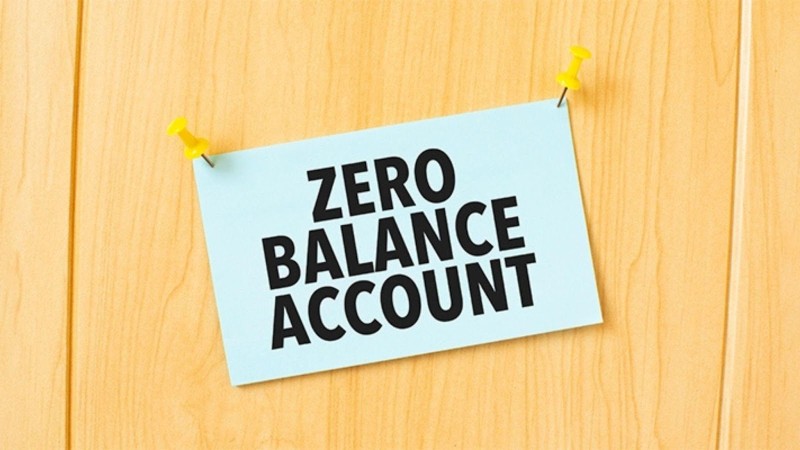A current account is essential for businesses, professionals, and entrepreneurs to handle frequent financial transactions efficiently. Among different types of current accounts, a 0-balance current account stands out due to its flexibility and convenience, especially for businesses that prefer to avoid minimum balance requirements. If you're considering current account opening, understanding the eligibility criteria will help streamline your application process.
What is a 0 Balance Current Account?
A 0 balance current account is specifically intended for business people and professionals who do not wish to carry a minimum amount in their accounts. In contrast to standard current accounts that impose certain balance requirements, these accounts provide more flexibility, enabling businesses to manage their cash flows efficiently without the pressure of holding minimum amounts.
Eligibility Criteria Explained
When you open a 0-balance current account, banks have certain eligibility criteria to ensure that the applicant qualifies in terms of financial and legal specifications. The following are the key specifications you should be aware of:
1. Business Entity Type
A 0 balance current account is generally offered to different types of business entities, such as:
- Sole proprietorships
- Partnerships and Limited Liability Partnerships (LLPs)
- Private and Public Limited Companies
- Start-ups and Small Businesses
- Professionals (e.g., doctors, lawyers, and consultants
Making sure your business is in one of these categories improves your chances of eligibility.
2. Business Registration and Documents
To start a current account opening, valid business registration documents must be submitted. Based on your business nature, the following documents are typically required:
- Sole proprietorship: Registration certificate, GST registration, or business license.
- Partnership and LLP: Partnership deed, registration certificate, GST registration.
- Companies: Certificate of incorporation, Memorandum and Articles of Association, GST registration.
- Professionals: Appropriate professional licenses or registration certificates.
Having these documents at hand greatly eases the application process.
3. Identity and Address Proof
Identity and address proofing is required for all account holders. Common documents are:
- Aadhaar card
- PAN card
- Voter ID
- Passport
- Utility bills or rent agreements for address proofing
Providing correct and updated identification documents ensures a hassle-free verification process.
4. Authorised Signatory Details
Banks ask for clear documentation for authorised signatories handling the account. That typically includes proof of identification, photographs, and signature samples. Clearly stating signatories enables the bank to identify transactions securely and effectively.
5. Initial Deposit Requirements
Even though a zero balance current account does not generally need to hold a minimum amount, some banks may ask for a nominal initial deposit as part of the opening process for an account. Having this aspect explained in advance eliminates confusion during the application.
6. Nature of Business
Banks evaluate the nature of the business operations carried out through the account. Legal, well-defined, and verifiable commercial business activities will likely qualify easily.
Benefits of a 0 Balance Current Account
Understanding eligibility also points to why a 0-balance current account could be the ideal choice:
- No Minimum Balance Requirement: This reduces the financial pressure of keeping minimum balances, suitable for startups and small businesses.
- Simple Cash Flow Management: More freedom for companies with fluctuating revenues and expenditures.
- Lower Charges: Generally lower charges than regular current accounts.
Improving Your Eligibility Opportunities
The following are real-life tips to improve your eligibility:
- Ensure all documents are accurate, up-to-date, and complete.
- Ensure you have a good credit history if changing from a previous financial institution.
- Show evident and lawful business dealings with evidence and proper documents.
Process of Opening a 0 Balance Current Account
- Opening the current account procedure usually involves:
- Choosing an appropriate bank and type of account to suit business needs.
- Providing and sending all necessary documents online or through a bank branch.
- Fill out the application form correctly.
- Verification by the bank, either a physical visit or telephonic verification.
- Activation of the account occurs after the bank successfully verifies.
A 0 balance current account benefits companies that want flexible financial management tools. Knowing the qualifying criteria in advance makes account opening easy, allowing companies to concentrate more on growth and operations. Check that you qualify, prepare your documents, and start enjoying hassle-free, smoother financial transactions with your new current account.
